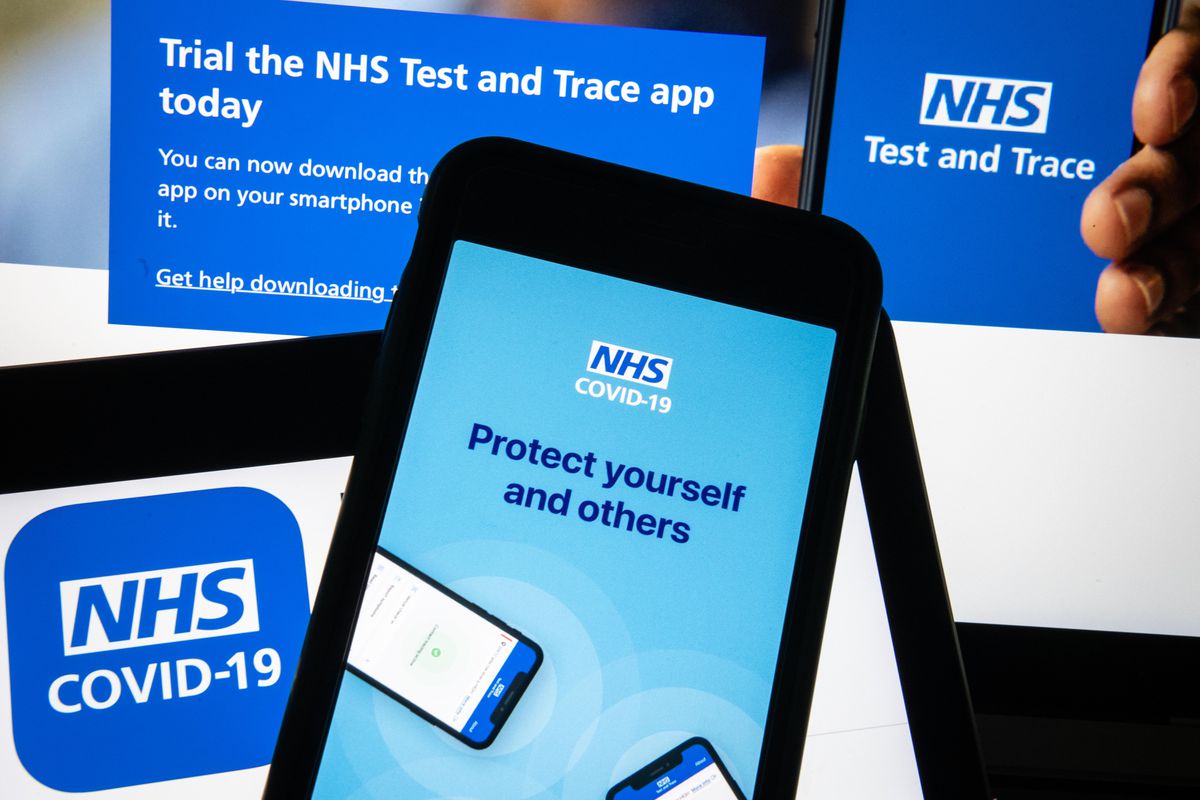England’s revamped contact-tracing app enters public trials

England’s contact-tracing app for increasing people’s safety amid the coronavirus pandemic has now entered public trials.
The software is built on Apple and Google’s philosophy that emphasises privacy as it relies on smartphones’ ability to detect one another.
This Bluetooth detection approach does come with a notable flaw, however: on certain occasions, the technology would erroneously flag two individuals as being in a two-metre vicinity of one another.
Consequently, certain people are asked to go into quarantine without there being a solid ground for it.
Engineers are currently working to remedy the problem.
As part of the ongoing trials, the Isle of Wight and another area will be involved, and a group of volunteers will be joining in.
The government has chosen not to be too vocal regarding the app’s launch, since it is still unclear when the formal rollout on a national scale will be taking place.
The basic idea of the app is to notify you if you have been exposed to a carrier of the novel coronavirus and thus have a higher chance of contracting the disease.
Users will also be asked to scan a barcode upon entering a property, which unlocks the possibility of pinpointing the locations with a high infection rate.
Being alerted to the possibility of being infected allows an individual to self-quarantine before displaying any symptoms and thus prevent spreading the virus to others.
The app is expected to fast-track a return to normal daily life.
